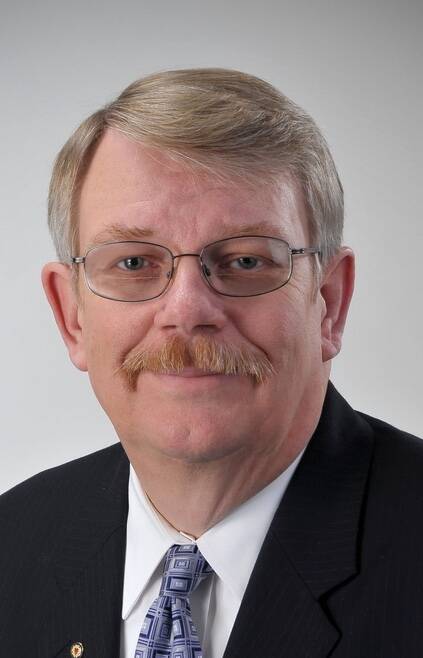
I spent my professional career in higher education administration, specifically in the enrollment and finance areas.
What that meant was summer was my busiest time with students to enroll, orient and bill, and then there was the fiscal year closing accounting work. Other than a few days over the course of the summer when I got by without wearing a tie, summer was a salt mine.
My wife was an elementary school teacher back when our children were still at home and summer was her downtime, down to the extent that she went into school for only a few hours each day to prepare for the upcoming year. What she wanted to do was go “on vacation,” a term I learned to dread.
First, there was the failure to communicate to her the fact that summer was my busiest time of year. As a division executive, I had to enforce a rule that limited summer vacations for the rank-and-file staff. We tried our best to let each administrative department give every staffer a week off but that didn’t always work. I could not in good conscience take a vacation in summer while preventing all those hardworking people from doing the same.
So my wife and children took most of their summer vacations with my parents, who loved to travel. Thank God for them, backstopping my moral deficiency as a parent — a deficiency not absolved by blaming the job.
Now I am retired and no longer can blame the job or my boss or the enrollment calendar. The truth of the matter is that I still don’t get the idea of summer vacation. It just doesn’t seem right.
Here’s the root of the problem: My wife spent her professional career in elementary education as a teacher and principal. Those folks are manacled to a calendar and a bell; everything is scripted for nine months. It is easy to understand why a teacher looks forward to the freedom of summer, even those like my wife who worked throughout the summer driven by her professionalism.
Meanwhile my professional career was blighted by regular travel with airports and hotels and highway driving.
Do you see the problem? My wife’s idea of a rewarding retirement is to travel extensively since she did not have that opportunity to do so in her career. My goal in retirement is to never leave my property.
It is instructive to recall that my wife was an elementary school principal; she is used to getting her way by fiat. It comes as no surprise that we have done substantial travel in these latter years.
I write this as we are on the coast of Lake Michigan where our daughter and her family spend the summer. A good time is being had by all, except for me of course, as I worry about the grass back home growing beyond normal cutting length and the missed meetings of my not-for-profit boards. So I am stewing in angst while the rest of the family is having what sounds like fun in the other room.
I guess you can officially retire, which means simply that you no longer draw a paycheck, without really retiring mentally. It’s been 10 years since I was offered the opportunity to retire by my erstwhile employer of nearly 40 years. I have yet to adapt. I have increased my involvement with my church and other charitable organizations to the point that I “go to work” nearly every day.
After those 40 years of wearing a suit and carrying a briefcase, I now wear old clothes and carry a tool bag and a paintbrush. Being a volunteer maintenance man at my church’s school is rewarding beyond anything I could have anticipated. First, I leave each day having finished a project or two. That almost never happened back in the day. Second, I can’t describe the reward of going into a classroom and fixing something a young child broke and being hugged by the students as I leave. That never happened at the college level, but probably that was a good thing.
Enough of that. Here I am wasting time on the shore of Lake Michigan and there is a school gymnasium that needs painting and teachers need work done in their rooms before school starts up again in August.
Mark Franke, an adjunct scholar of the Indiana Policy Review and its book reviewer, is formerly an associate vice-chancellor at Indiana University-Purdue University Fort Wayne.